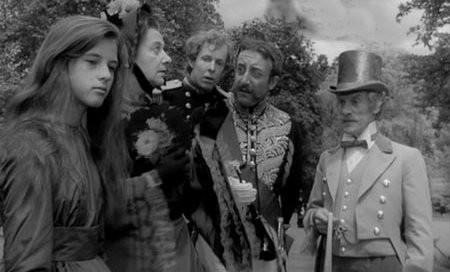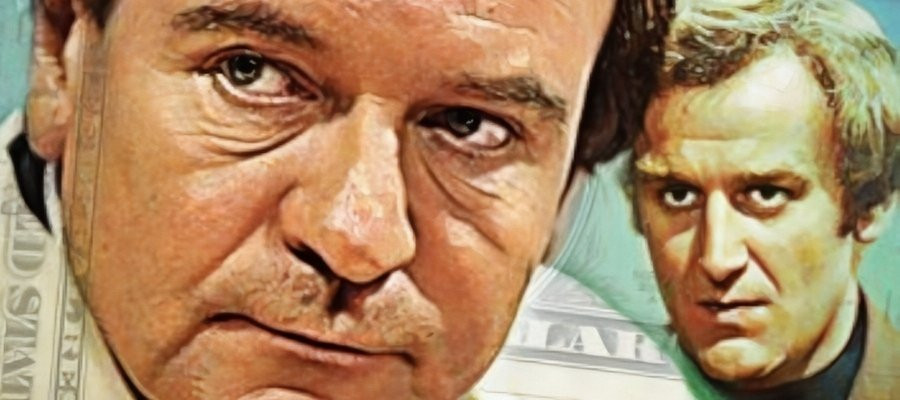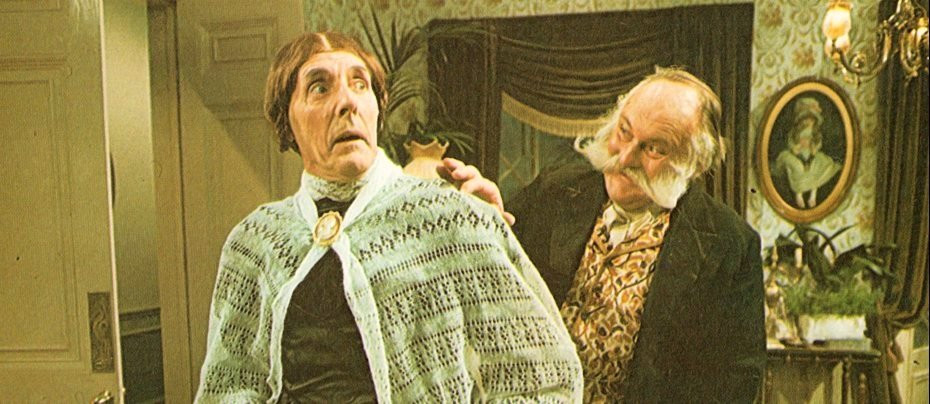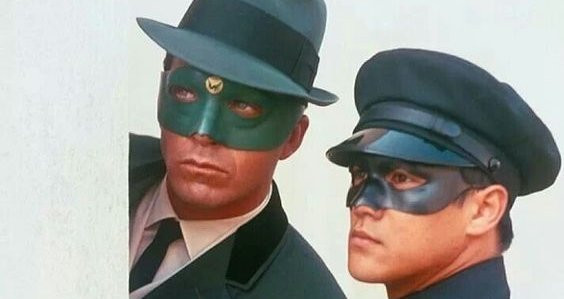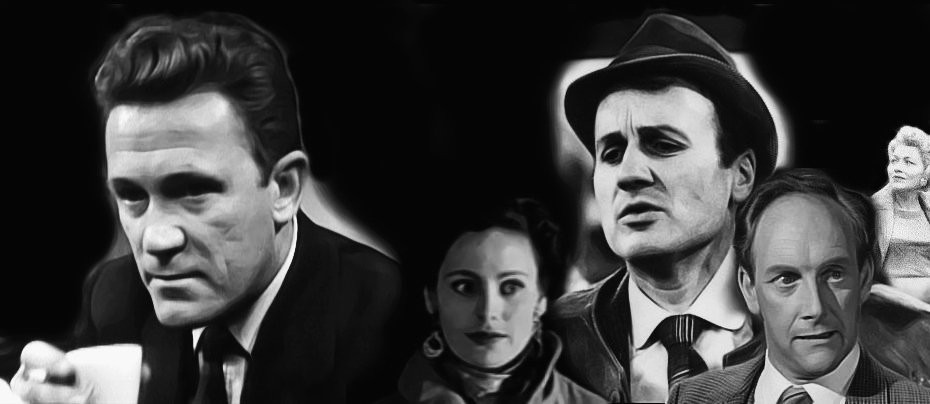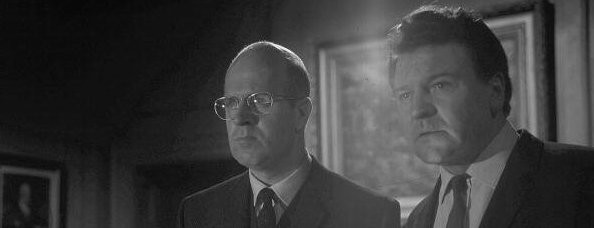
The Rat Catchers
1966 - United KingdomAiring in 1966, The Rat Catchers carved out a dark and distinctive niche in the ever-popular world of spy fiction. At a time when James Bond dominated the cinema screens with glitz, glamour, and gadgets, ITV’s The Rat Catchers took a markedly different approach, offering a far grittier and more cerebral take on the world of espionage. This was a series rooted not in martinis and Monte Carlo, but in the stark, windowless offices of Whitehall and the cold calculations of counter-intelligence.
The titular "Rat Catchers" were a top-secret, off-the-books unit of British Intelligence, officially non-existent, yet tasked with safeguarding national security and the interests of the Western Alliance. With storylines drawing upon Cold War paranoia, internal subterfuge, and the ever-present threat of betrayal, the series presented a shadowy, morally complex world that was far closer to reality than its more flamboyant contemporaries.
Leading this clandestine outfit were three sharply drawn characters. Gerald Flood played Peregrine Pascale Smith, an international playboy with a polished exterior and a lethal core — a cool, Oxford-educated managing director who doubled as a cold-blooded operative. Philip Stone’s Brigadier Davidson, meanwhile, was the calculating strategist, serving as the icy, intellectual backbone of the team. New recruit Richard Hurst, portrayed with gravitas by Glyn Owen, brought a grounded presence to the trio — a former Scotland Yard Superintendent grappling with the ambiguous ethics of his new role in the shadows.
What set The Rat Catchers apart was its tone. The series was unflinching in its portrayal of espionage as a morally murky business — a world of manipulation, deceit, and necessary ruthlessness. In this respect, it was a clear forerunner to the similarly unromantic Callan, which began just as The Rat Catchers came to a close. Unlike Bond or The Avengers, there were no fantastical villains or exotic escapades here — just the slow burn of suspicion and the relentless grind of the intelligence machine.
Visually, the series reflected its themes — stark, shadowy sets, subdued lighting, and a noticeable lack of glamour, all of which underscored the seriousness of its content. While its production values were modest, its writing and performances were sharp, and it managed to evoke a believable sense of danger and tension.
Though it only lasted for one series, The Rat Catchers left its mark as an intelligent, sober take on British espionage. It may lack the cult following of other sixties spy fare, but it remains a fascinating and underrated artefact of Cold War television — tense, thoughtful, and a welcome antidote to the excesses of the genre.
Seen this show? How do you rate it?
Seen this show? How do you rate it?
Published on February 6th, 2024. Written by Laurence Marcus for Television Heaven.




